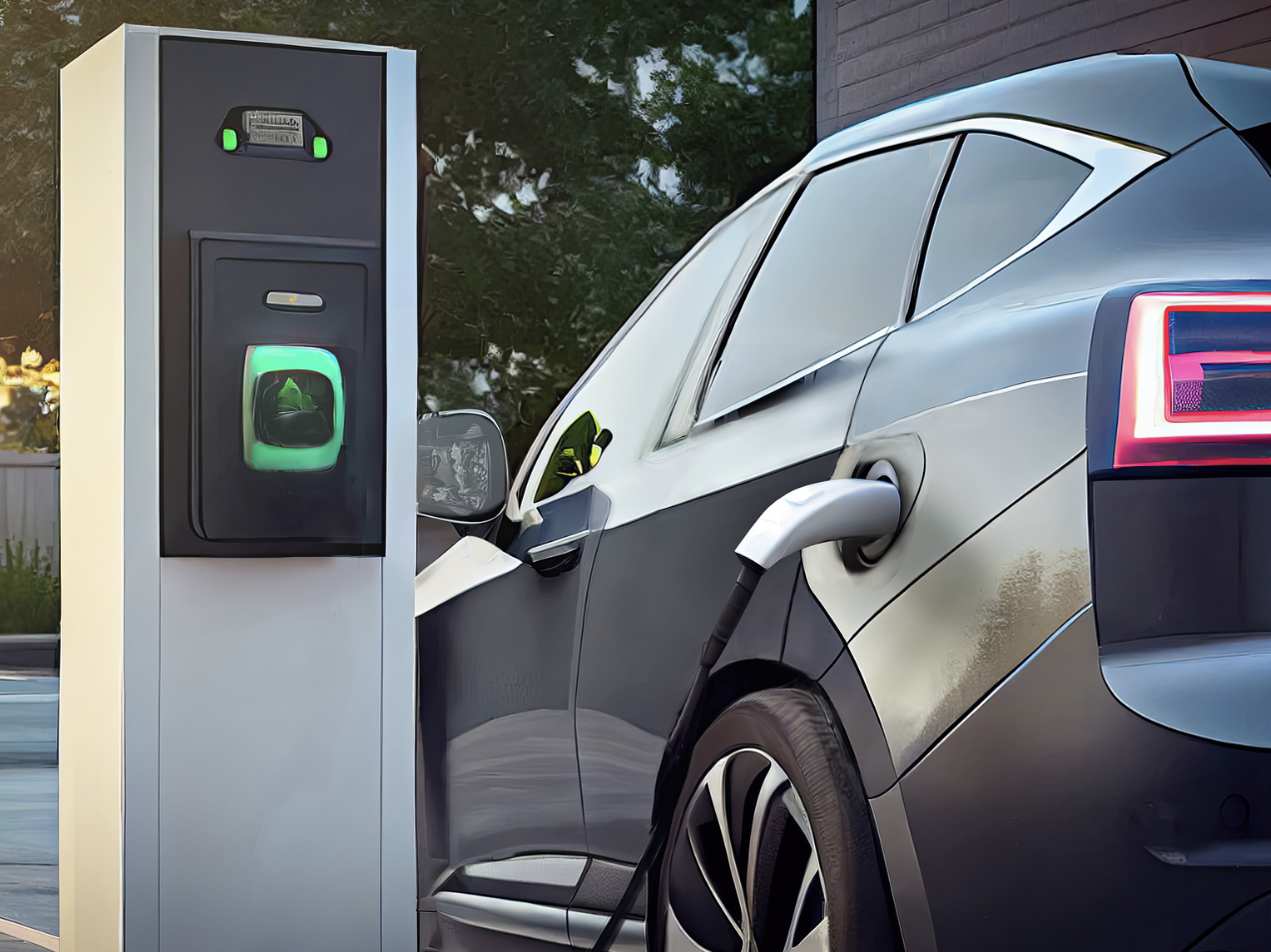European Union governments face a critical vote on Friday over the potential imposition of tariffs of up to 45% on Chinese-made electric vehicles (EVs), following a year-long investigation into alleged unfair subsidies.
Key Decisions in a High-Profile Trade Case
The European Commission, which oversees the EU’s trade policies, proposed these tariffs to protect local manufacturers from what it sees as unfair competition due to Chinese state aid. The final decision requires a qualified majority from the 27-member bloc, with 15 countries representing 65% of the EU population needed to either approve or block the proposal.
Mixed Support Among EU Members
France, Greece, Italy, and Poland have indicated they will vote in favor of the tariffs, a stance likely to secure their approval. However, Germany, the EU’s largest economy and home to major carmakers such as Volkswagen, will vote against the tariffs, reflecting concerns over the potential impact on trade with China, which accounts for nearly a third of their sales.
Ongoing Negotiations and Potential Repercussions
Spain has also called for further negotiations rather than immediate tariffs, suggesting a deal on prices or relocating battery production within the EU. Meanwhile, concerns about retaliation from China have escalated, with Beijing launching investigations into EU imports in response.
With global trade dynamics in flux, the EU’s decision on Chinese EV tariffs will have far-reaching consequences for both sides.
Canada To Impose 100% Import Tariffs On Chinese Electric Vehicles Over ‘Unfair’ Competition





